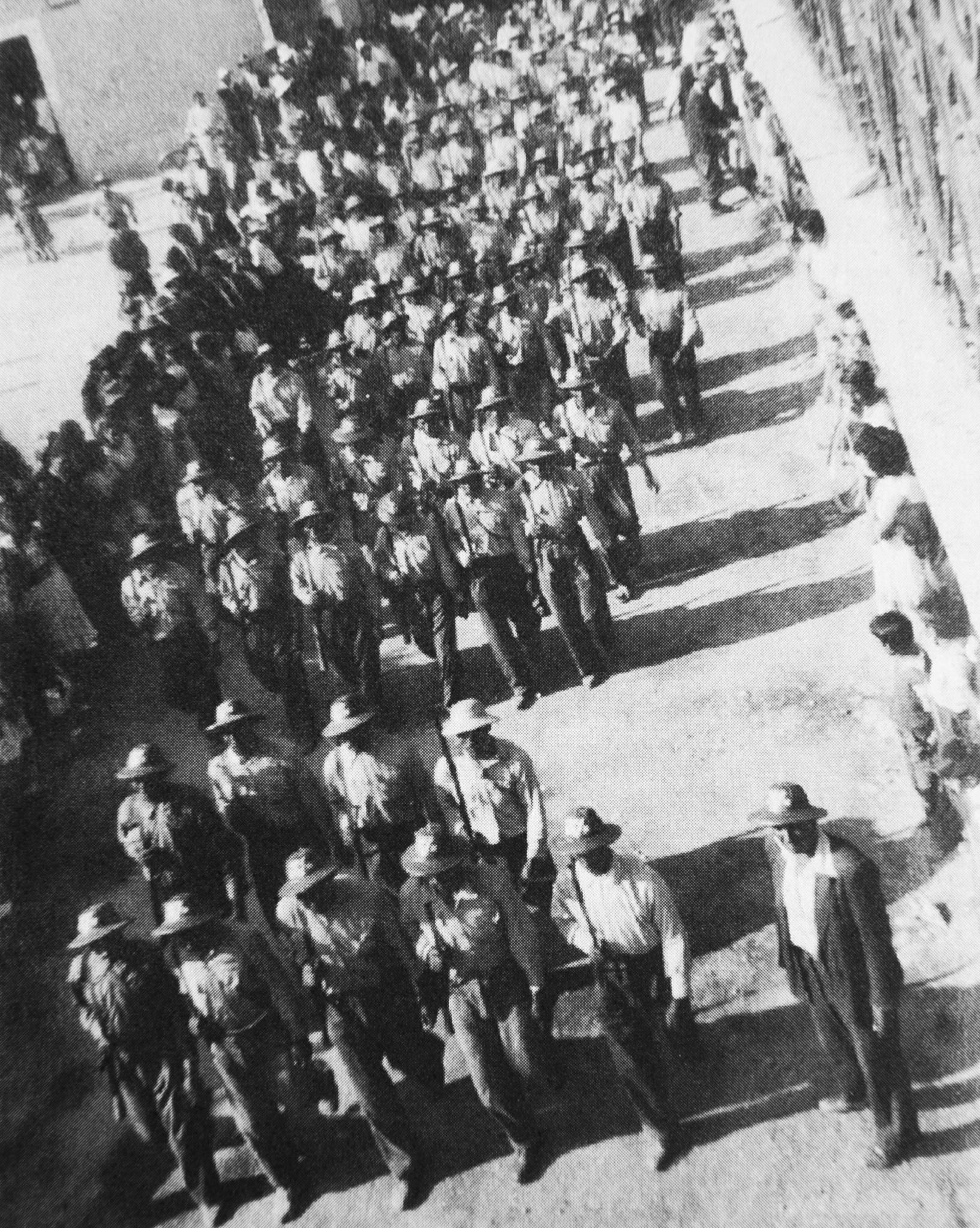
Rivers of Blood: Violence & Rural Transformation in Bolivia’s 1952 Revolution
Bridgette Werner, PLAS Postdoctoral Fellow; University of Wisconsin-Madison
February 5, 2020 · 12:00 pm—1:20 pm · 216 Aaron Burr
Program in Latin American Studies

This talk explores the 16-month period between Bolivia’s April 1952 revolution and the August 1953 agrarian reform decree, a period during which massive campesino mobilizations and the attendant threat of violence reconfigured the possibilities of rural revolution. While the armed phase of the revolution lasted only three days, and produced relatively little violence, the revolution’s major transformations came in the months and years after April 9th, 1952. Unionized campesinos became the essential underwriters of state power and beneficiaries of one of the most extensive agrarian reform process carried out in Latin America during the 20th century. The talk argues that the political power of campesino unions and the seismic agrarian transformations that followed April 9th were not creations of the revolutionary party, but rather products of campesinos’ radical political vision of a distinct agrarian future. Campesino union power–and particularly the threat of campesino violence–transformed the possibilities of the 1952 revolution, obligated the state to re-imagine who its political allies would be, and forced a radicalization of the revolution’s agrarian politics.
Bridgette K. Werner is a social and political historian of 20th century Latin America, whose work focuses on agrarian, peasant and indigenous histories, political violence, and state-society relations. Her work on rural Bolivia excavates how local communities confront and circumvent the exercise of state and elite power, illuminating the contingent and contentious construction of local forms of hegemony, durable peasant autonomy, and the violent assertion of local power. Her current book project, To make rivers of blood flow: Agrarian Reform, Rural Warfare, and State Expansion in Post-Revolutionary Bolivia, 1952-1974, is a regional study of the Valle Alto region of Cochabamba, Bolivia, and examines the role of peasants, the state, and military actors in negotiating rule amidst revolution and agrarian reform. Her work has been supported by Fulbright-Hays, the U.S. Department of Education, and various entities at the University of Wisconsin-Madison.
This event is free and open to the public. Lunch will be served.















